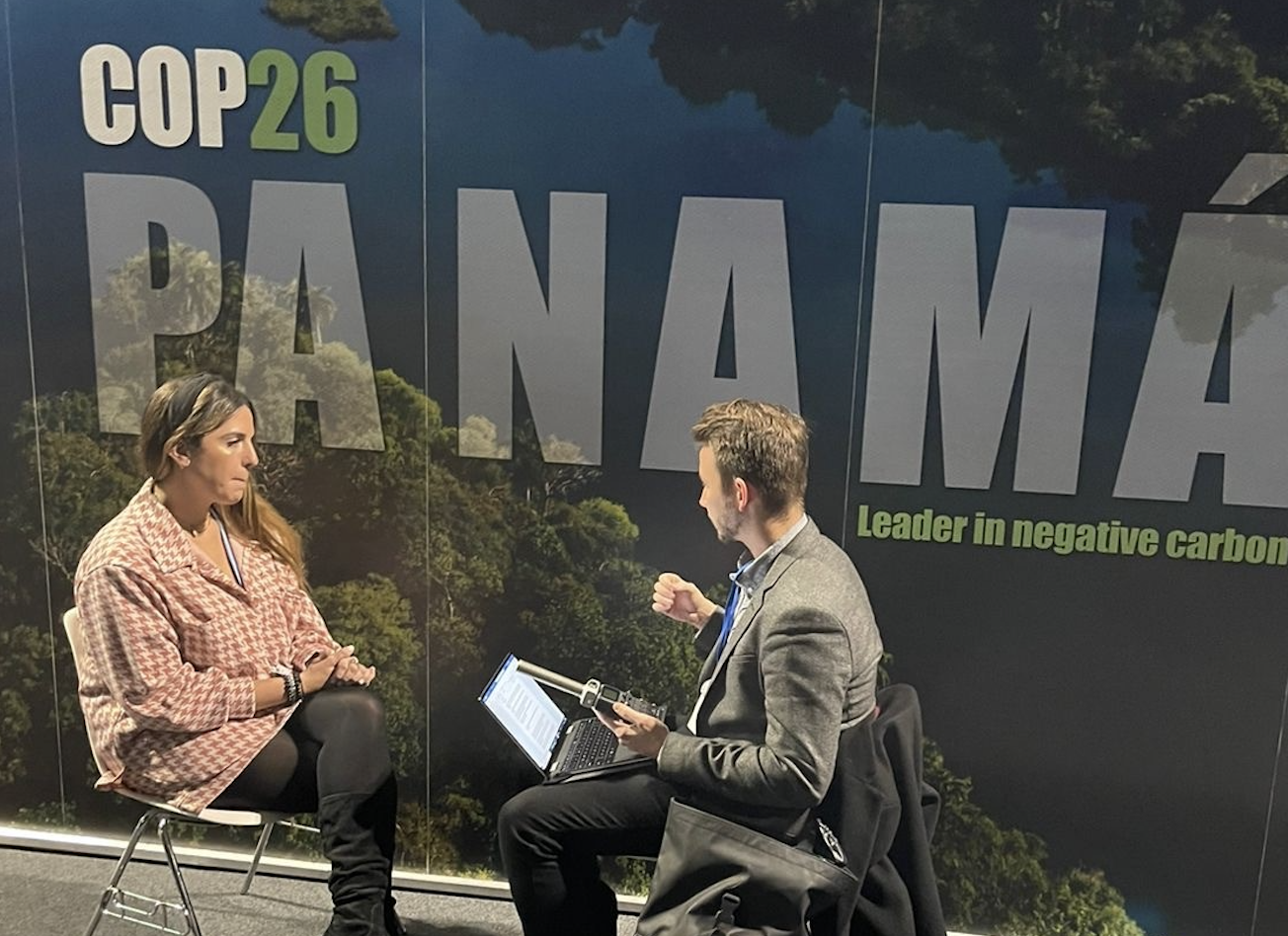
Panama, One of Three Carbon Negative Countries, Highlights Link Between Environmental Conservation and Climate Action During COP26
Drawing on Panama’s experience as one of only three carbon negative countries in the world, Shirley Binder – National Director of Protected Areas and Biodiversity at Panama’s Ministry of Environment and President of the Coiba National Park Board – stressed the important role of environmental conservation in lowering net carbon dioxide emissions and tackling climate change. Speaking live from COP26 at Glasgow with edie’s “COP26 Covered” podcast, Binder also highlighted the need for world leaders to incorporate green financing and community engagement strategies into their conservation agendas.
“Panama has protected 33% of its land and 30.5% of its oceans,” Binder told edie. “For Panama, it is incredibly important to maintain these protected areas to improve climate change mitigation, especially with oceans. That’s why we expanded one of our protected areas, Cordillera de Coiba, which is one of the most important migratory routes we have for sharks, whales, and sea turtles.”
Panama recently expanded the Cordillera de Coiba, a marine protected area (MPA) off the country’s southern coast, to encompass over 26,100 square miles of ocean – equivalent to roughly 90% of Panama’s land area. Reflecting a national commitment to drive international conservation efforts, Panama signed an agreement at COP26 with the leaders of Colombia, Ecuador, and Costa Rica to protect the 200,000 square mile Eastern Tropical Pacific Marine Corridor, which includes the Cordillera de Coiba MPA.
Binder also underscored that green financing and community engagement strategies must be incorporated in any successful conservation effort. “The financial part is important, because this takes a lot of money,” Binder said. “That’s why the government of Panama has signed an agreement with Suriname and Bhutan” – the world’s other carbon-negative countries – “to come together and ask for the financial aid that we as developing countries need to conserve our natural resources, our forests and oceans, and continue to be carbon negative into the future.”
Engaging local communities and integrating their needs into conservation solutions is another critical aspect of Panama’s environmental conservation strategy. “Protected areas are created because we need to conserve the ecosystems within, but they should also bring a social and economic benefit for people around and inside,” Binder observed. “You can have 1,000 park rangers [protecting an area], but if the community around the protected area is not empowered to participate, it will be much more complicated to take care of that ecosystem.”
You can listen to Shirley Binder’s full interview with edie’s “COP26 Covered” podcast here.